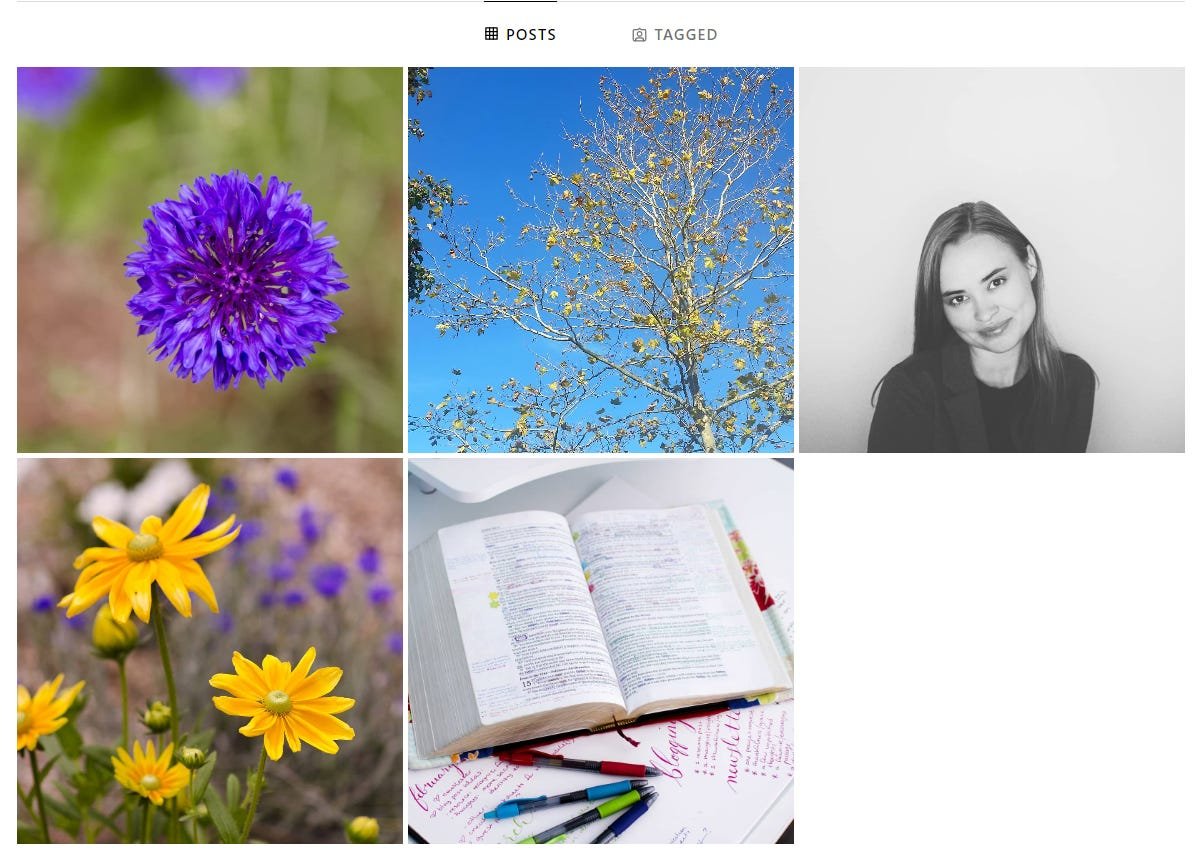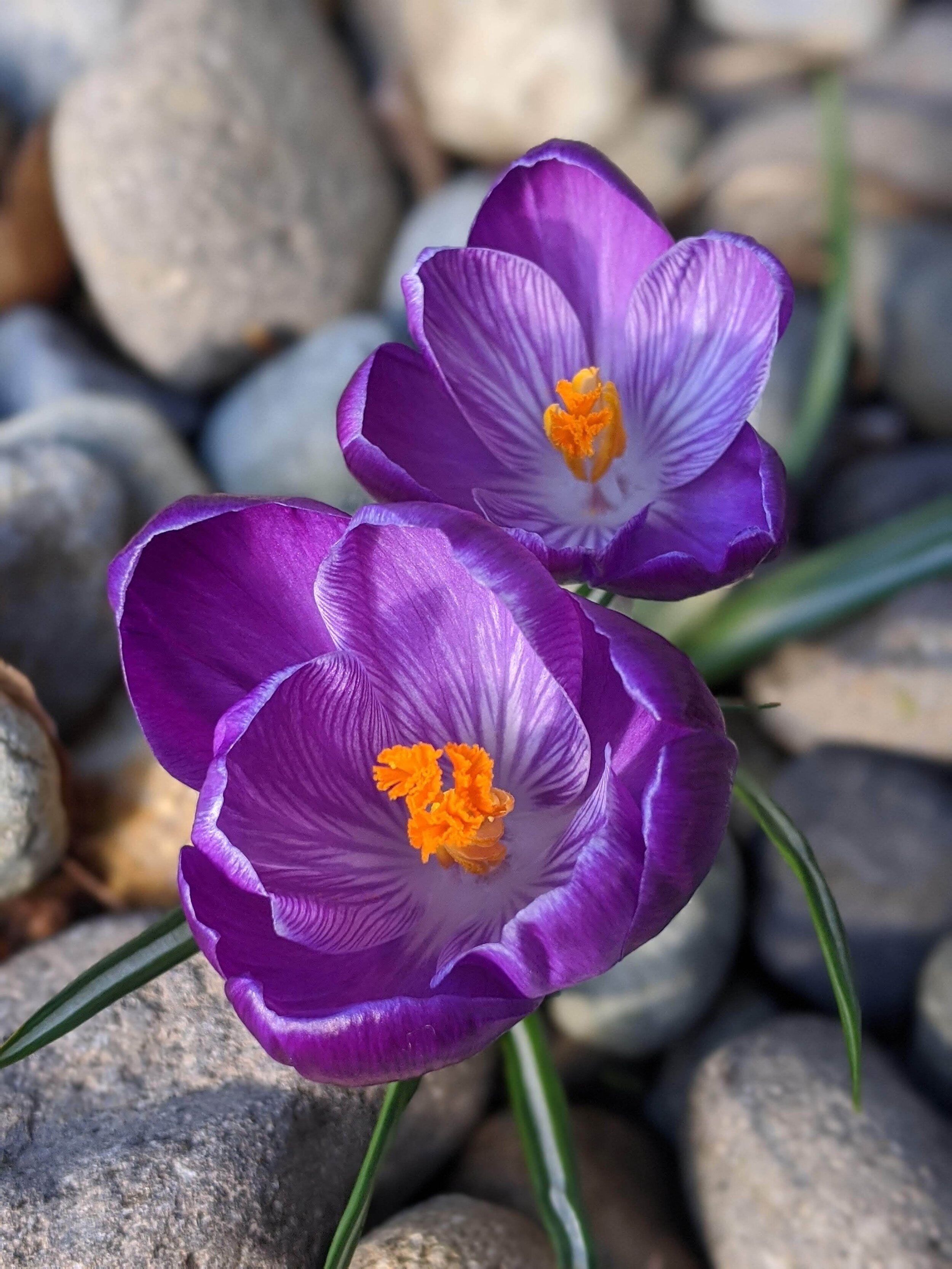daydreaming
/I am not much of a daydreamer, but there is one particular fantasy that I occasionally catch glimpses of in my mind’s eye, and sometimes indulge for a minute or two. I see a little patio table and a couple of chairs tucked between the wild tangles of flowers that make up most of my front yard, comfortably shaded by the canopy of a still-smallish Japanese maple. In my vision, I’m sitting there with my Bible open or some other book in hand, watching a little-bit-older Clara play in the cul-de-sac, when a neighbor on an afternoon stroll stops by to say hello, and another from the next house down sets aside their yard work for a minute to join the conversation. Maybe we are talking about something important and maybe we’re not; maybe it leads to “Bring a lawn chair over and we’ll barbecue” and maybe it doesn’t, but either way, it’s a delicious nibble at that old-fashioned treat, community.
If I really let my imagination run wild, the daydream evolves into a back deck full of people holding Bibles and babies, talking about what we read that week in the Bible180 Challenge—a kind of book club for the Bible, less formal than a Bible study but centered entirely on the Word and the quest to understand it as a cohesive whole. The older kids are running wild in the yard and there’s a pan of dessert on the table, mostly eaten up. The group is peppered with people of every generation, from those wearing the “crown of glory” (see Proverbs 16:31) down to young parents, teenagers, children.
It’s a small and not-at-all-small dream. There are times, in our frantic technological age, when it feels more out of reach than the deepest recesses of Siberia.
I grew up in a place where houses were far apart but neighbors were knit close. Nobody had a board-fenced backyard. Stopping to chat in a driveway or on a porch step was a common day-to-day occurrence.
Moving to my current city was a culture shock I’m still absorbing eight years later: I could throw a rock and hit my neighbor’s house, but have barely interacted with any of them beyond a smile and nod from afar. Add to that being several hours’ drive removed from my entire family and teaching myself to get by on the counterfeit sense of belonging offered by watching old friends’ lives unfold hundreds of miles away on a screen, and it’s little wonder that in my daydreams, I see what a generation or two before me would have just called “normal life.”
My church is sending out missionaries, some to far-flung countries in desperate need of the Gospel. I’m excited for them and for how they will further the Kingdom. I’ve even had a few split-second doubts of “Wait, should I be doing that, too?” But I’m fairly certain I’m not the only one in this country who is in desperate need of the Gospel—and genuine, offline Gospel community.
When I was a kid growing up in Middle-of-Nowhere, Washington, nothing excited me more than the prospect of setting out to explore the unknown. I had few opportunities to travel back then, but I took every single one. And I still love to explore the world and to learn from other cultures—I’ve just found that the Unknown is not where I’m meant to live.
I’d like to be known again, I’d like to know others again, and I think my work is here.
So—who’s up for a Bible book club at my place? I’ll make dessert. ;)
About brotherly love: You don’t need me to write you because you yourselves are taught by God to love one another. In fact, you are doing this toward all the brothers and sisters in the entire region of Macedonia. But we encourage you, brothers and sisters, to do this even more, to seek to lead a quiet life, to mind your own business, and to work with your own hands, as we commanded you, so that you may behave properly in the presence of outsiders and not be dependent on anyone.
1 Thessalonians 4:9-12








